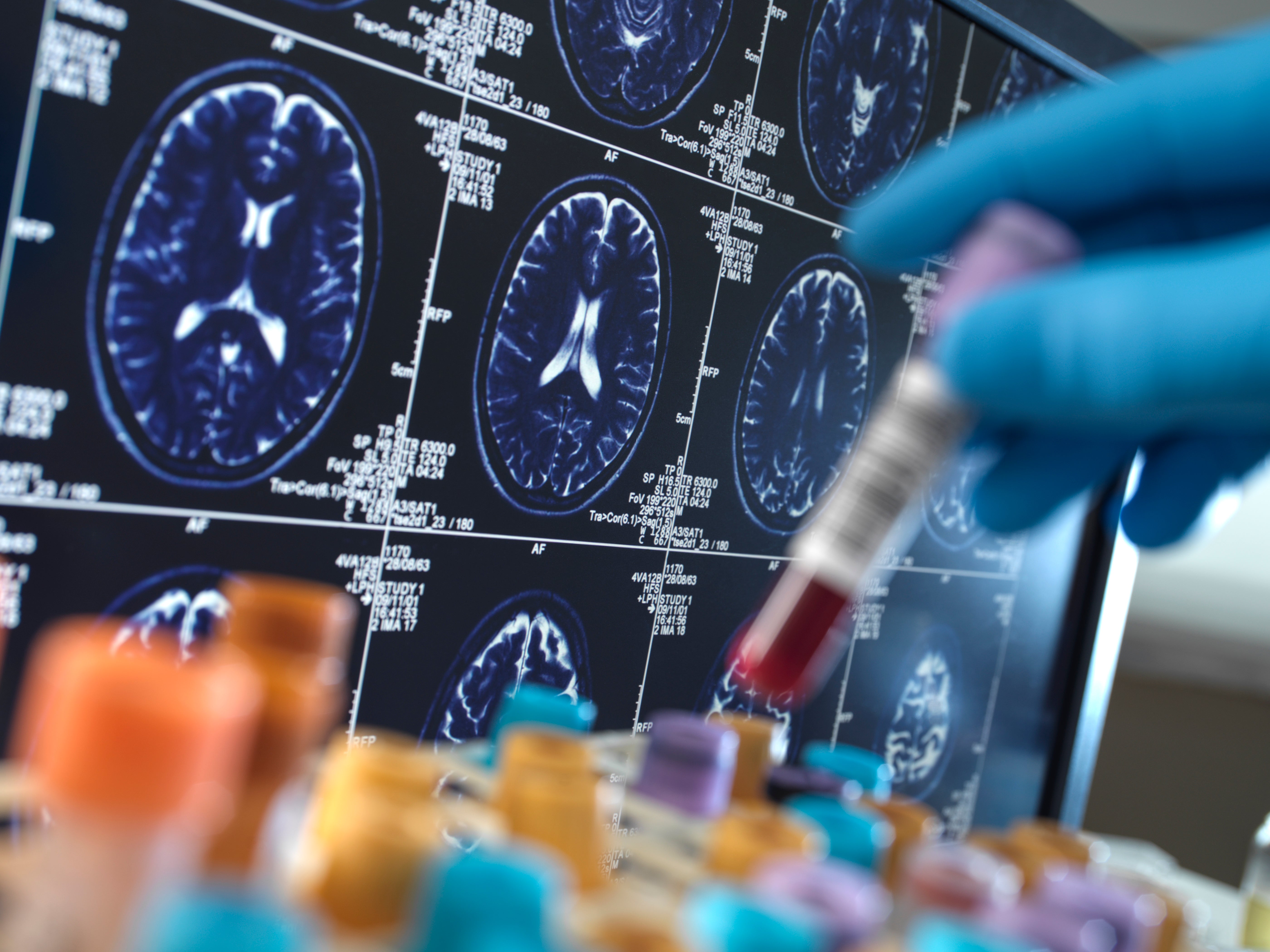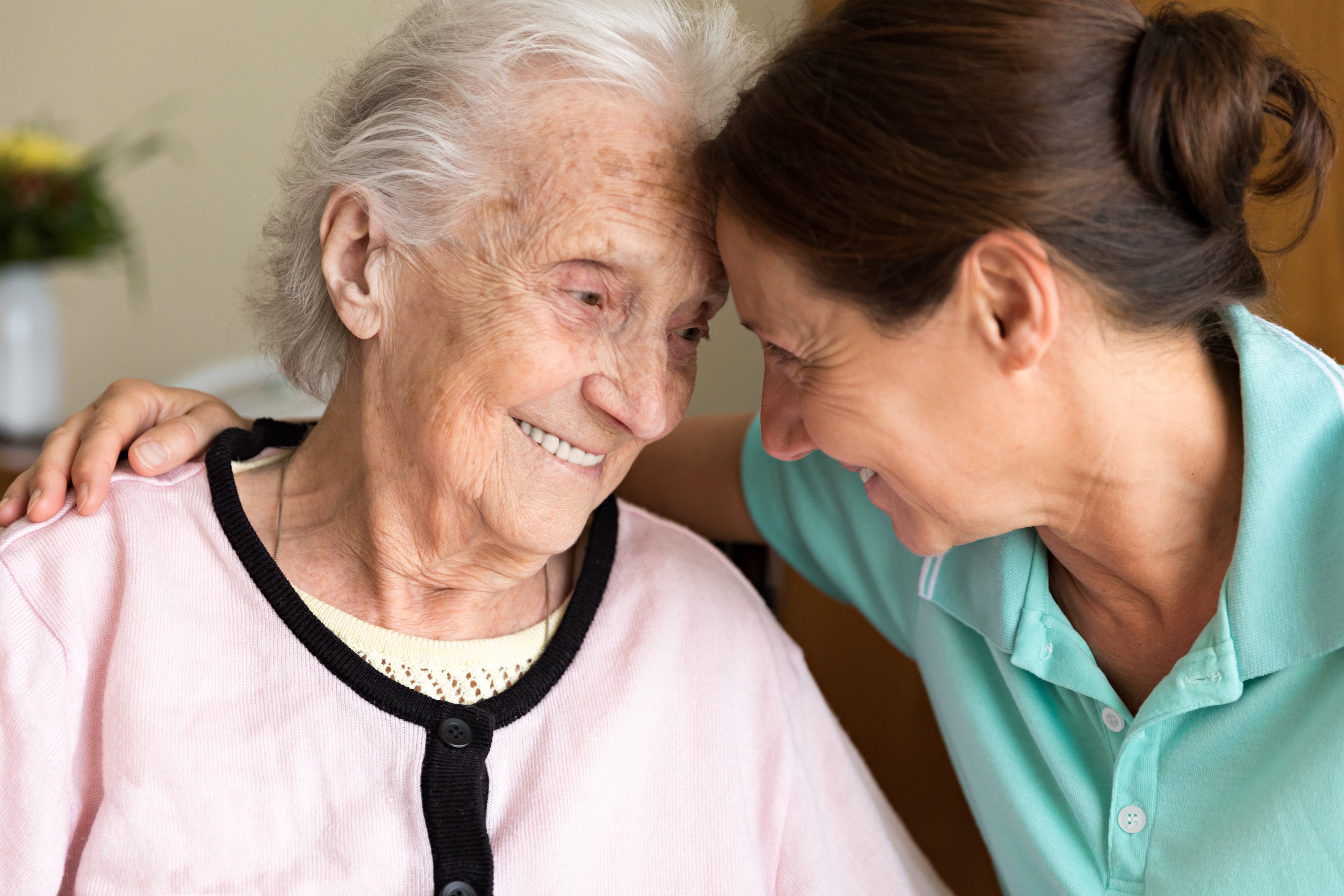Dementia diagnoses in England hit a record high, NHS data reveals
Diagnosis rates recovering after slump during pandemic with figures close to hitting national target

The number of people in England being diagnosed with dementia is at a record high as the NHS begins to recover from a post-pandemic dip, according to figures.
The latest data shows a record 487,432 people had a diagnosis in June – up from 77,112 in the same month last year.
While diagnosis rates are at their highest since the start of the pandemic at 65 per cent, the health service said it still has more to do to meet its ambition of diagnosing 66.7 per cent of the total number of people estimates suggest are living with a form of the disease.
England has one of the highest dementia diagnosis rates in the world, with high-income countries typically in the range of 20-50 per cent, according to the NHS.
NHS staff have been focused on assessing care home residents to help identify people who may have dementia to boost diagnosis rates.
The NHS is calling on people to come forward and get checked if they have any common early signs or symptoms.
Figures show continued low diagnosis rates of dementia in Black and minority ethnic people, with 3.8 per cent of Asian and Asian British patients diagnosed in June 2024 and 1.6 per cent of Black African, Caribean or Black British people. This is compared to 70 per cent of eligible white people.

The progress comes after dementia diagnosis rates dipped during the pandemic as memory clinics were closed during Covid and the number of people coming forward fell.
Data published by NHS Digital showed in June there were 33,390 people recorded to have had a diagnosis of dementia in people under 65. Of those, 6,912 were newly diagnosed.
Common early symptoms of dementia include forgetting bits of information, saying the same thing repeatedly, struggling to follow a conversation or find the right word and being confused about time and place, according to NHS England.
Dr Jeremy Isaacs, national clinical director for dementia at NHS England, said: “Getting a diagnosis of dementia is the first step in supporting people, with a wide range of NHS services able to help.
“NHS staff have worked hard to recover services with the number of people with a diagnosis rising significantly over the last year, and now at a record level, but there is more work to be done.
“Thousands more individuals are being diagnosed each month and more medication reviews are being done within 12 months.”
Data shows, 86,434 (17.7 per cent) of those with a recorded diagnosis of dementia in June had their medication review within the last 12 months, up from 77,112.
Dr Isaacs urged anyone who has noticed symptoms to visit their GP for an assessment.
Alzheimer’s Society policy manager Dr Alex Osborne welcomed the progress but stressed the importance of early diagnosis.
She said: “An early, accurate diagnosis is vital for unlocking care, support, and treatment.
“We’re close to meeting the existing target of a 66.7 per cent diagnosis rate – so now we’d like to see bold, ambitious but achievable new targets set for the future to ensure everyone gets the diagnosis they need.”
Subscribe to Independent Premium to bookmark this article
Want to bookmark your favourite articles and stories to read or reference later? Start your Independent Premium subscription today.

Join our commenting forum
Join thought-provoking conversations, follow other Independent readers and see their replies
Comments